
Two-thirds of all COVID-19 testing in South Africa has been conducted in costly private hospitals. This is raising questions as to whether the most vulnerable sections of the population are being tested sufficiently, writes Pavan Kulkarni.

Two-thirds of all COVID-19 testing in South Africa has been conducted in costly private hospitals. This is raising questions as to whether the most vulnerable sections of the population are being tested sufficiently, writes Pavan Kulkarni.
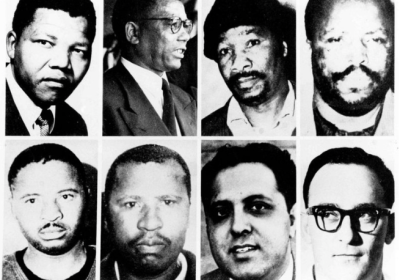
Anti-apartheid freedom fighter, Denis Goldberg spent more than a quarter of his life in jail before he was released in 1985. He spent the remaining years speaking out against oppression and injustice before dying on April 29 in Cape Town at the age of 87, writes Raymond Suttner.
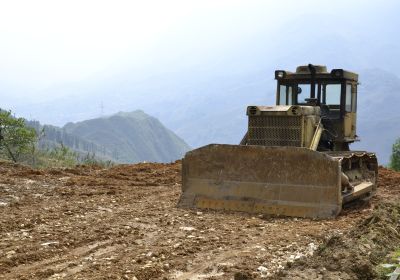
Pandemics have their roots in environmental change and ecosystem disturbances. Understanding their foundational causes can provide fertile ground for the systemic changes we so desperately need, writes Dale McKinley.

Veteran South Africa anti-Apartheid activist Sidney Luckett spoke to Green Left's Peter Boyle about the important link between South Africa's iconic freedom fighter Nelson Mandela and Kurdish leader Abdullah Ocalan.
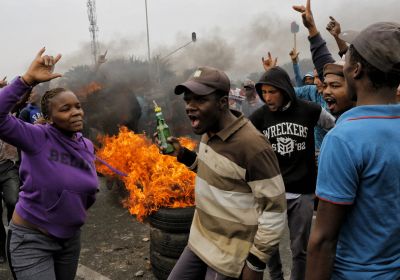
There were protests galore in the build up to South Africa’s May 8 national elections, which coincided with the 25th anniversary of the people’s victory against Apartheid. Protests occurred in many parts of the country but predominately in Gauteng, the nation’s industrial heartland, and in the Western Cape, with its legacy of colonialism, writes Trevor Ngwane.

The highest decision-making body in the world of athletics has rendered a judgment that can only be described as both cruel and unusual, writes Dave Zirin.
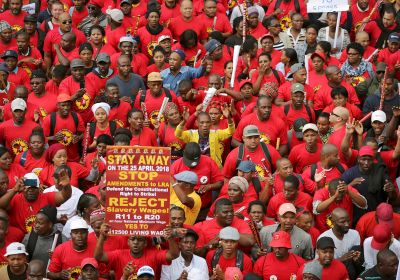
South African President Cyril Ramaphosa, who took office in February from Jacob Zuma, is facing a rebellion within the union movement over proposed changes to the labour laws.
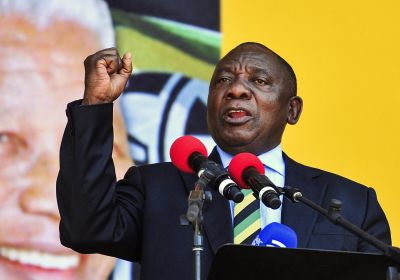
New South African President Cyril Ramaphosa made headlines when the ANC leader backed legal changes that could allow land reform to redistribute land from traditionally powerful white owners to the Black majority.
But this populist posture aside, the new administration is seeking to deepen pro-corporate neoliberalism and austerity.